Ofcom looks to FM Radio white spaces for rural broadband
White spaces created by the shift to digital radio could help bring quality broadband to rural areas.


Ofcom has joined a growing band of communications companies looking at so called "white spaces" to bring broadband to remote parts of the UK.
Whilst others have looked at taking advantage of freed up spectrum from the digital TV switchover, Ofcom has proposed doing the same with FM spectrum.
"Spectrum is a resource that is in huge demand, fuelled by the recent explosion in smartphones and other wireless technologies," said Ofcom chief executive (CEO) Ed Richards.
"However, there is only a limited amount of it to go around, which means we need to start thinking more creatively about how it is used. White space devices could offer the creative solution we are looking for."
White spaces are being considered by the telecoms industry to bring broadband services to the truly remote areas of the UK.
Certain locations in the UK suffer from painfully slow broadband connections, largely because of technical issues. ADSL connections can fail to deliver decent speeds to premises at the end of the wire, often those places in rural areas.
Nigel Hawthorne, vice president of marketing at Blue Coat for Europe, the Middle East and Africa (EMEA), recently told IT Pro over Twitter he was looking forward to the days when white spaces would provide for rural homes like his.
Get the ITPro daily newsletter
Sign up today and you will receive a free copy of our Future Focus 2025 report - the leading guidance on AI, cybersecurity and other IT challenges as per 700+ senior executives
"Economically cables of any sort (copper, fibre) just aren't going to make sense. The future is wireless," Hawthorne said.
BT announced it was entering the white space game with a trial on the Scottish Isle of Bute, where it will hope to bring at least 2Mbps to the community over the airwaves.
BT Openreach chief executive (CEO) Olivia Garfield said the initial results of testing the technology were "very encouraging."
"It's early days but our hope is that this technology may provide an effective solution for not spots' and slow spots,'" Garfield said.
Last month, start-up firm Neul announced it had received 8 million in funding, which it will use to create products for taking advantage of white spaces.
Tom Brewster is currently an associate editor at Forbes and an award-winning journalist who covers cyber security, surveillance, and privacy. Starting his career at ITPro as a staff writer and working up to a senior staff writer role, Tom has been covering the tech industry for more than ten years and is considered one of the leading journalists in his specialism.
He is a proud alum of the University of Sheffield where he secured an undergraduate degree in English Literature before undertaking a certification from General Assembly in web development.
-
 Bigger salaries, more burnout: Is the CISO role in crisis?
Bigger salaries, more burnout: Is the CISO role in crisis?In-depth CISOs are more stressed than ever before – but why is this and what can be done?
By Kate O'Flaherty Published
-
 Cheap cyber crime kits can be bought on the dark web for less than $25
Cheap cyber crime kits can be bought on the dark web for less than $25News Research from NordVPN shows phishing kits are now widely available on the dark web and via messaging apps like Telegram, and are often selling for less than $25.
By Emma Woollacott Published
-
 Equinix acquires BT's Irish data centers in €59 million deal
Equinix acquires BT's Irish data centers in €59 million dealNews As BT moves to an asset-light business model, Equinix looks to expand
By Emma Woollacott Published
-
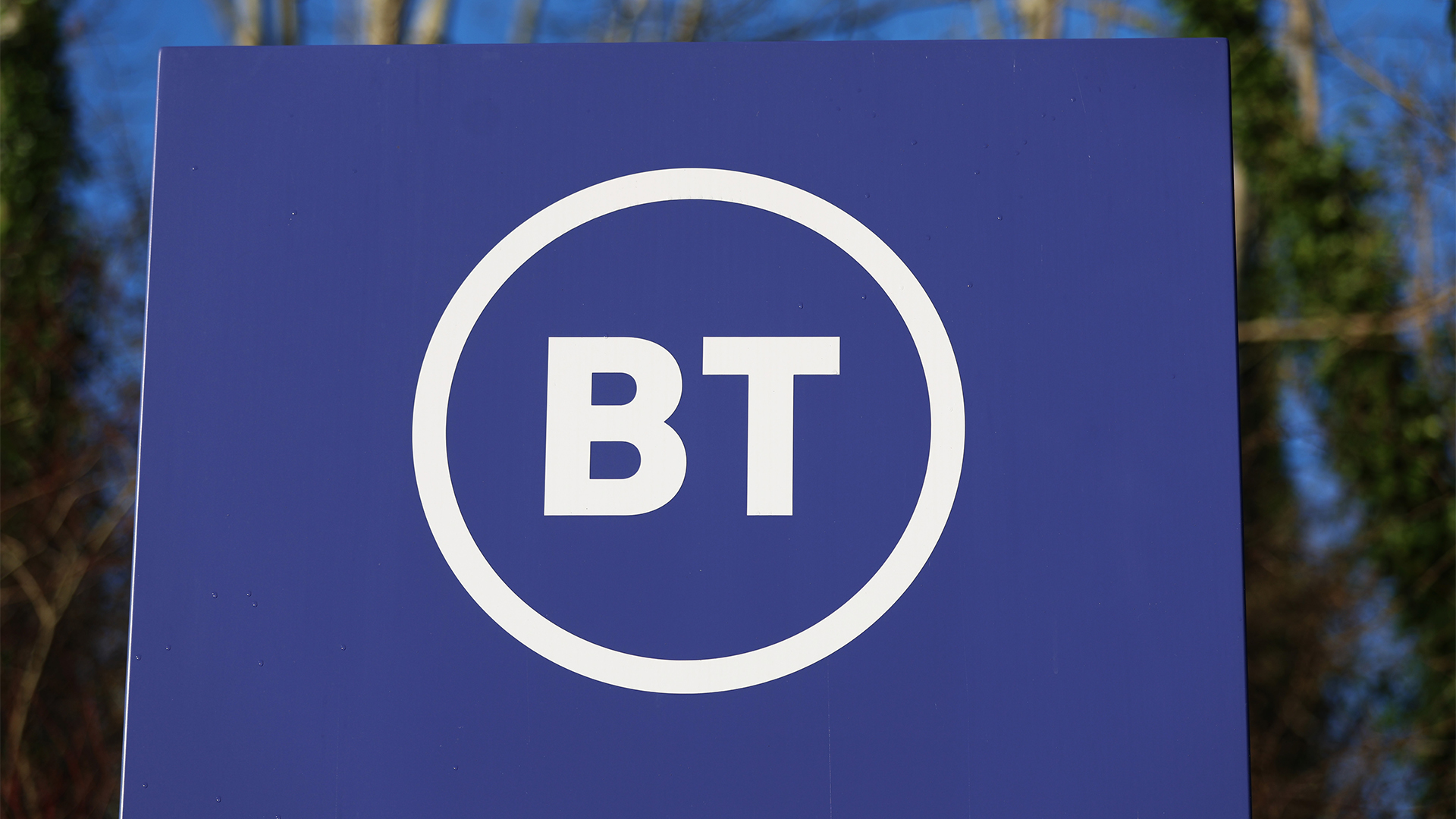 BT just extended the PSTN switch-off deadline — here’s what you need to know
BT just extended the PSTN switch-off deadline — here’s what you need to knowNews BT described the move as a “revision”, citing a series of improvements to the wider PSTN switch-off programme
By George Fitzmaurice Published
-
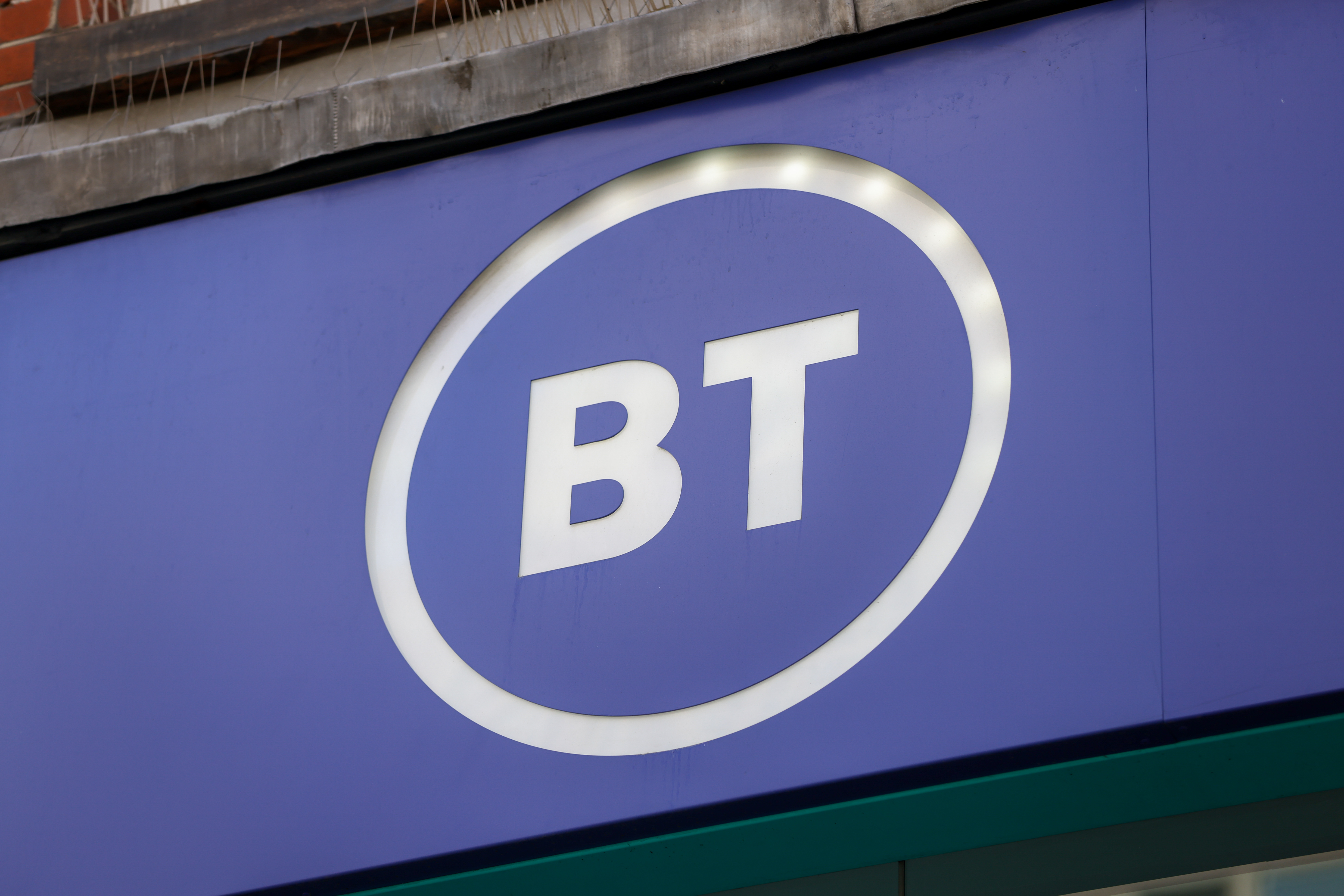 BT misses key Huawei kit removal deadline, but the telco is “almost over the line”
BT misses key Huawei kit removal deadline, but the telco is “almost over the line”News BT is still reliant on non-compliant Huawei equipment for 2G and 3G services
By Ross Kelly Published
-
 Ofcom net neutrality update dismisses calls for big tech contributions
Ofcom net neutrality update dismisses calls for big tech contributionsNews Ofcom’s net neutrality stance has been criticized by some industry stakeholders
By Emma Woollacott Published
-
 BT partners with HPE to deliver new global managed LAN service
BT partners with HPE to deliver new global managed LAN serviceNews The latest collaboration combines BT’s connectivity expertise with HPE Aruba Networking’s latest LAN solutions
By Daniel Todd Published
-
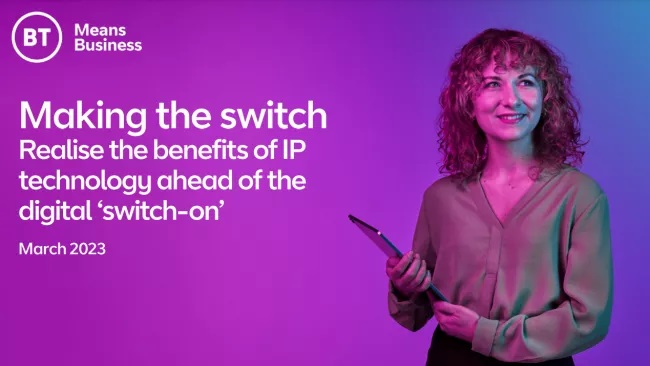 Making the switch
Making the switchWhitepaper Realise the benefits of IP technology ahead of the digital ‘switch-on’
By ITPro Last updated
-
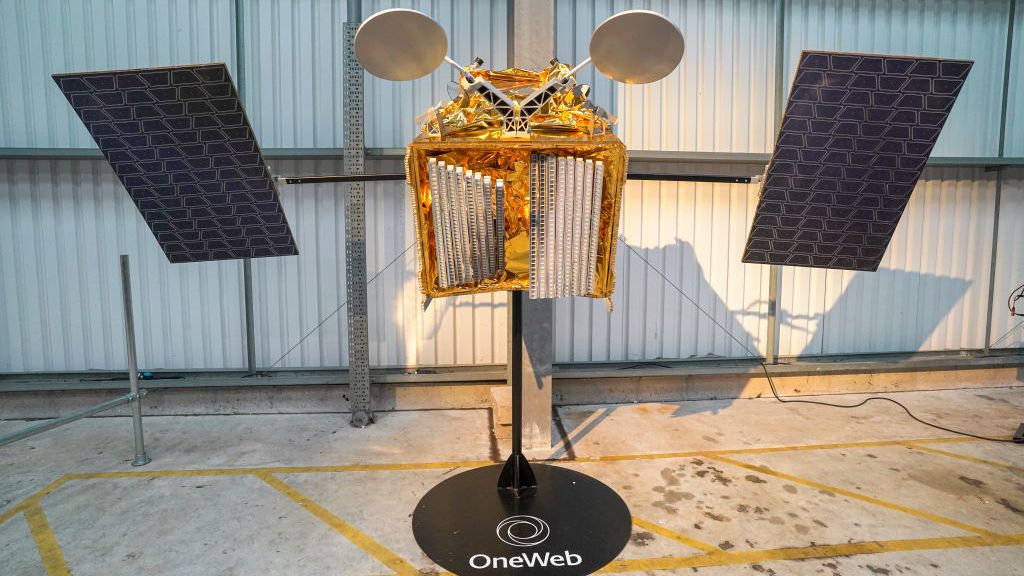 BT and OneWeb succeed in "game changer" satellite connection trial
BT and OneWeb succeed in "game changer" satellite connection trialNews Smaller businesses in rural areas could benefit from improvements to backhaul services using satellites, with speeds increasing by an order of magnitude
By Rory Bathgate Published
-
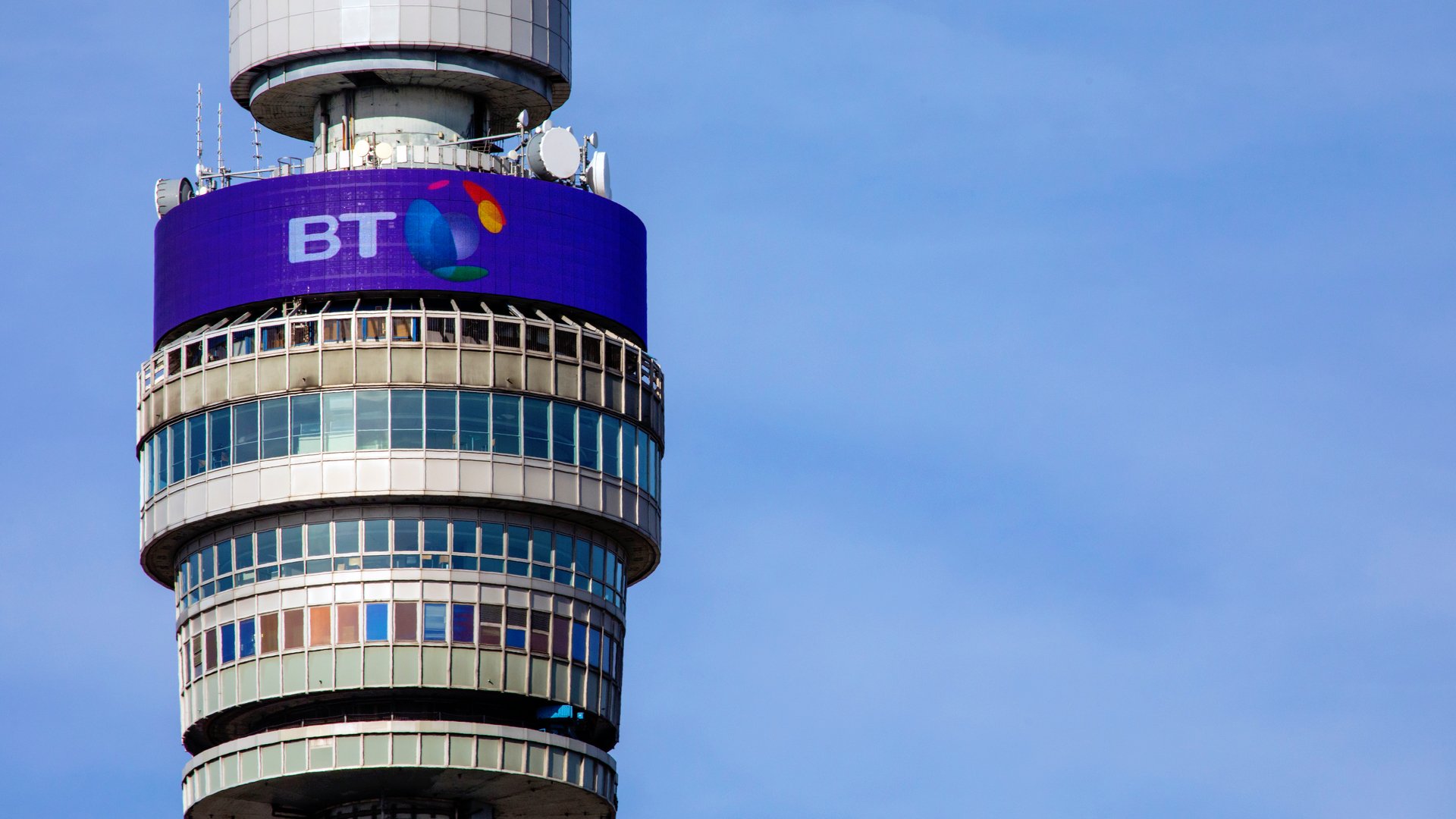 BT, Nokia crack four carrier aggregation on a 5G network in first for Europe
BT, Nokia crack four carrier aggregation on a 5G network in first for EuropeNews The breakthrough marks the first successful use of such technology on a live network, and could lead to dramatic network improvements
By Rory Bathgate Published